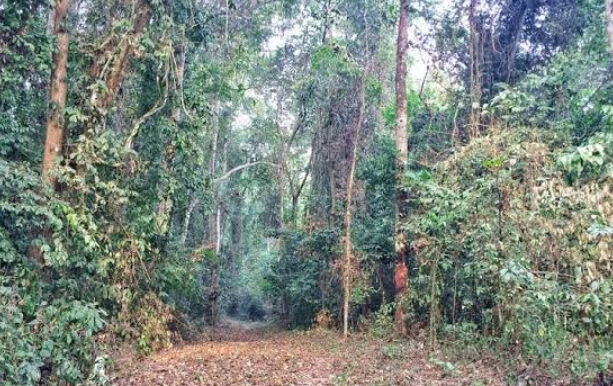Nigeria’s Likely Inaction May Cause the Loss of 25% of its Forest Cover by 2060
“Land degradation, drought, and desertification have long been major issues in Nigeria, which has experienced continuous deforestation over the previous decade, with Global Forest Watch statistics revealing that Nigeria lost 86,700 hectares of tropical forest between 2010 and 2019″, the minister of state environment has revealed.
Speaking at the World Environment Day celebrated on June 5 annually, he also said “alarming as this may sound, a study has shown that if no quick action is taken, a further 25 per cent of our surviving forest will vanish by 2060, transforming a large portion of our country into the degraded and desolate ground”.
This he said won’t be allowed to happen.
He said Nigeria has a Long-Term Low Emission Development Strategy and the Deep Decarbonisation Report, which examine various pathways for Nigeria to achieve its net-zero-by-2060 goal, found that Nigeria’s AFOLU sector contributed the most sectoral emissions (30 per cent), compared to the oil and gas sector (29 per cent). “
The minister also noted that the country was prioritising nature-based solutions as a critical tool to help address global warming, increase resilience to climate impacts, combat poverty, and achieve long-term development for the country.
He added, “While it is understandable that Nigeria has set its sights on transforming the energy sector, it is also true that only through a renewable energy scenario that also transforms the AFOLU sector will Nigeria be able to meet its commitment of net zero by 2060, allowing Nigeria’s economy to grow while also meeting its sustainability goals.
Speaking on the efforts made, Salako stated that the country was leveraging the REDD+ programme, the Great Green Wall Initiative, the ACReSAL project, natural capital accounting, and the HYPREP mangrove restoration in Ogoniland, among other initiatives.

